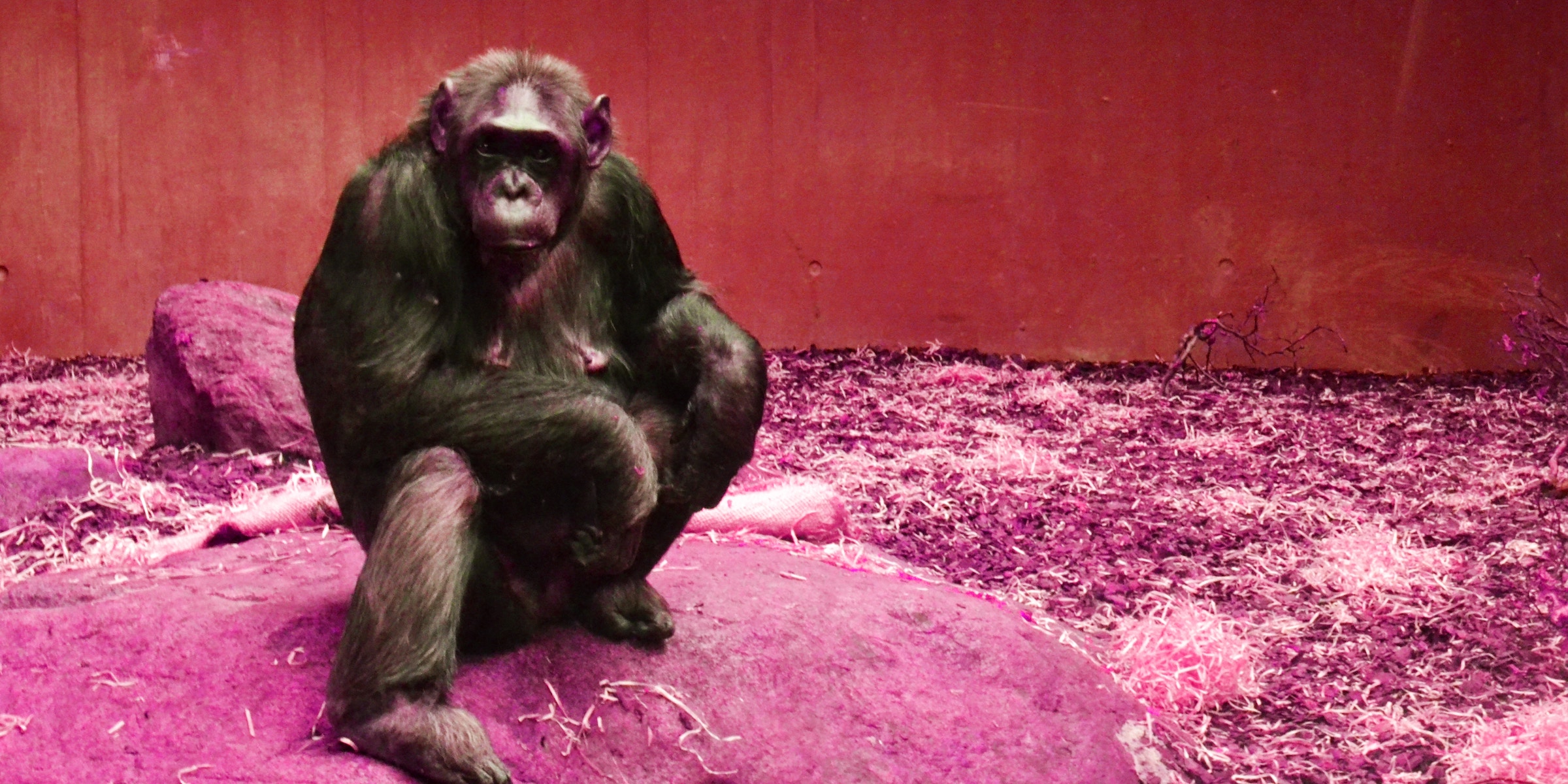Humans are interesting creatures. If we’re a little uncomfortable about something we’ve done or thought we tend to try and find the right words to exonerate ourselves. It’s only when we feel really comfortable with someone that we can be truly be honest with them. Often though, we’re evasive because we don’t trust the person we’re talking to. Interestingly we’re often not that honest with ourselves. Do you ever find yourself being evasive with yourself? Not doing something or admitting something that you know you ought to?
I’m just working my way through Matthew Syed’s book, Black Box Thinking, in which he talks about the dangers of cognitive disonance. It’s when you find yourself saying or doing things that don’t actually tally with reality. People mostly do it when there is a real danger that for them to admit their mistakes or acknowledge they’re wrong they will perpetrate a loss of face or confidence. The more effort people have made to get to a certain position the more they will defend that effort if it’s later suggested that they’ve been foolish. He cites the medical and judicial worlds as examples: doctors who have made mistakes will go to any length to preserve their reputation and prosecutors quick to use DNA to support their convictions will make up whole new stories if DNA evidence suggests they have wrongly convicted someone. It’s not deliberately callous or corrupt – doctors are very caring people, prosecutors scrupulously professional – but an inbuilt protection mechanism provokes some really incongruent actions.

This sort of thinking takes place in all sorts of bureaucracies. My training as a performance coach has taught me to ask difficult questions and, more importantly, listen for answers that aren’t necessarily straight. Even though my questions ‘up the chain’ haven’t necessarily been that difficult or challenging they’ve still been met with evasive answers almost as if those being asked have got so used to being evasive it’s become a motor reflex. Or maybe they have got so used to not listening to themselves they think life is safest if you’re evasive. It’s a very ‘chimp’ response: children talking to parents and teachers will reconstruct stories to put them in the best light and so, it seems, will those who see themselves as the parent in a parent child relationship. Just as parents and teachers will see through a child’s evasiveness, so a child or a worker will see through the parent’s or boss’s. Just like a parent probing the naughty school boy’s story I became even more interested in the story the senior officer was spinning me. A straight answer from him would have put my queries to rest but as soon as he started flanneling I wanted to know more and, worse, I began to notice his intellectual limitations.
Our inner chimp tells us it’s safest to be evasive but, like a lot of chimp solutions, it has almost the opposite effect. A miscreant who tries to hide his actions is eventually going to find himself in much hotter water than one who admits his failures immediately. Of course, when you have little to lose, it’s easier to own up. The higher you move up the chain the more capital you have invested and the more cognitive disonance will encourage you to try and ‘spin’ the truth. The consequences, though taking longer to be felt, are inevitably much worse: if politicians hadn’t learned to avoid all scrutiny and never give a straight answer would the Brexit vote or the American election have been different? Would those votes, perhaps, have been more honestly about the real issues rather than the electorate just registering a protest vote?
As well as cognitive disonance the reasons people are evasive in answering is because they don’t trust their inquisitors. They think they know better than their inquisitor in whose hands any information offered won’t be as well protected or the inquisitor will use it against them.
Listen out for evasiveness. It’s quite instructive listening to others’ speech and what they’re not saying.
Next listen to yourself. Is your inner voice ‘spinning’ the information you’re asking for? I’ve just had someone ask me ‘how do you train yourself to trust yourself more? That’s where performance coaching comes in. We encourage people to ask and answer the questions they really don’t think they want to ask or answer and then help them see that those answers really aren’t as bad as they fear. If you can learn to be less evasive with yourself you’ll learn to be less evasive with others. Much better to deal with your fears than hide them.